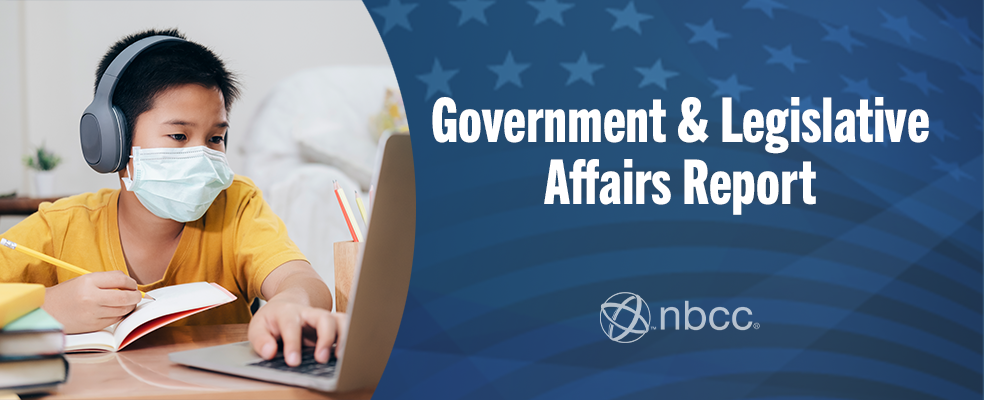
The U.S. Government Accountability Office (GAO), a federal watchdog agency, released a comprehensive report in December highlighting that the COVID-19 pandemic has had repercussions for the behavioral health of the nation, especially for high-risk populations including children, young adults, and parents of young or school-aged children.
Data collected during the pandemic suggest that COVID-19 is potentially driving another national crisis related to its effects on behavioral health, with people experiencing new or worsening behavioral health symptoms or conditions. The GAO report identified six broad populations that are at a higher risk of pandemic-related behavioral health issues:
- Children, whose school closures produced stress and limited access to behavioral health screening. Also, when adults whose COVID-19 experiences lead to negative consequences such as substance abuse, keeping children at home with them becomes a concern.
- Young adults, whose craving for socializing has been thwarted by the pandemic.
- Certain racial and ethnic groups such as Native Americans, who were hospitalized at a rate 3.5 times greater than that of White people; and African Americans and Latinos, who were hospitalized 2.8 times more.
- Health care workers, who fear contracting COVID-19, worry about giving it to family members, and suffer from exhaustion, burnout, and the emotional toll of watching people die.
- People with pre-existing behavioral health issues whose conditions could worsen with isolation, unemployment, and an inability to receive treatment.
- People in financial distress, whose regular problems, including difficulty affording food, housing, and transportation, are escalated by the fear of contracting COVID-19.
You can read the entire GAO report here.